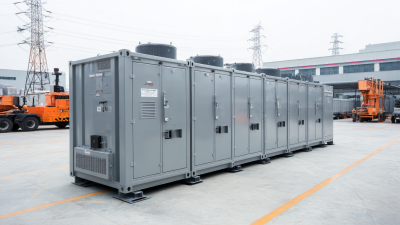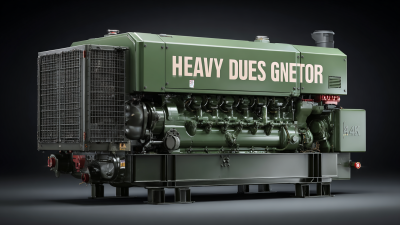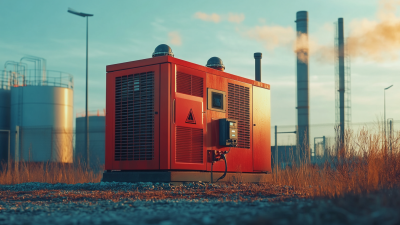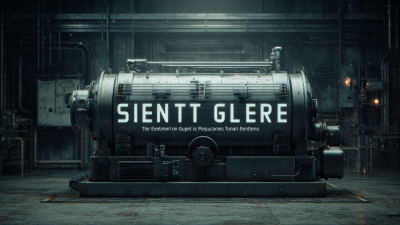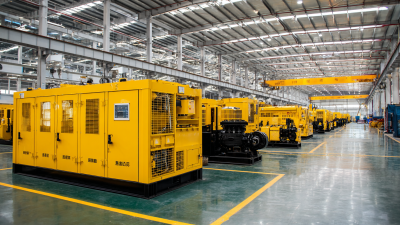
-
Home
-
Products
-
Service
-
About Us
-
Solution
-
Videos
-
News
-
Contact Us
Leave Your Message

When it comes to ensuring a reliable power supply for your home or business, selecting the right silent diesel generator is a crucial decision that can make all the difference. Silent diesel generators offer a unique combination of efficiency and noise reduction, making them an ideal choice for various applications—from residential backup power to construction sites that require quiet operation. However, with an overwhelming range of options available on the market, choosing the perfect model to meet your specific power needs can be challenging. This guide aims to simplify your decision-making process by outlining essential factors to consider, including power capacity, fuel efficiency, maintenance requirements, and features that enhance noise reduction. Whether you're facing power outages or seeking a source of energy for outdoor events, understanding how to choose the right silent diesel generator will empower you to make an informed investment for your electrical needs.
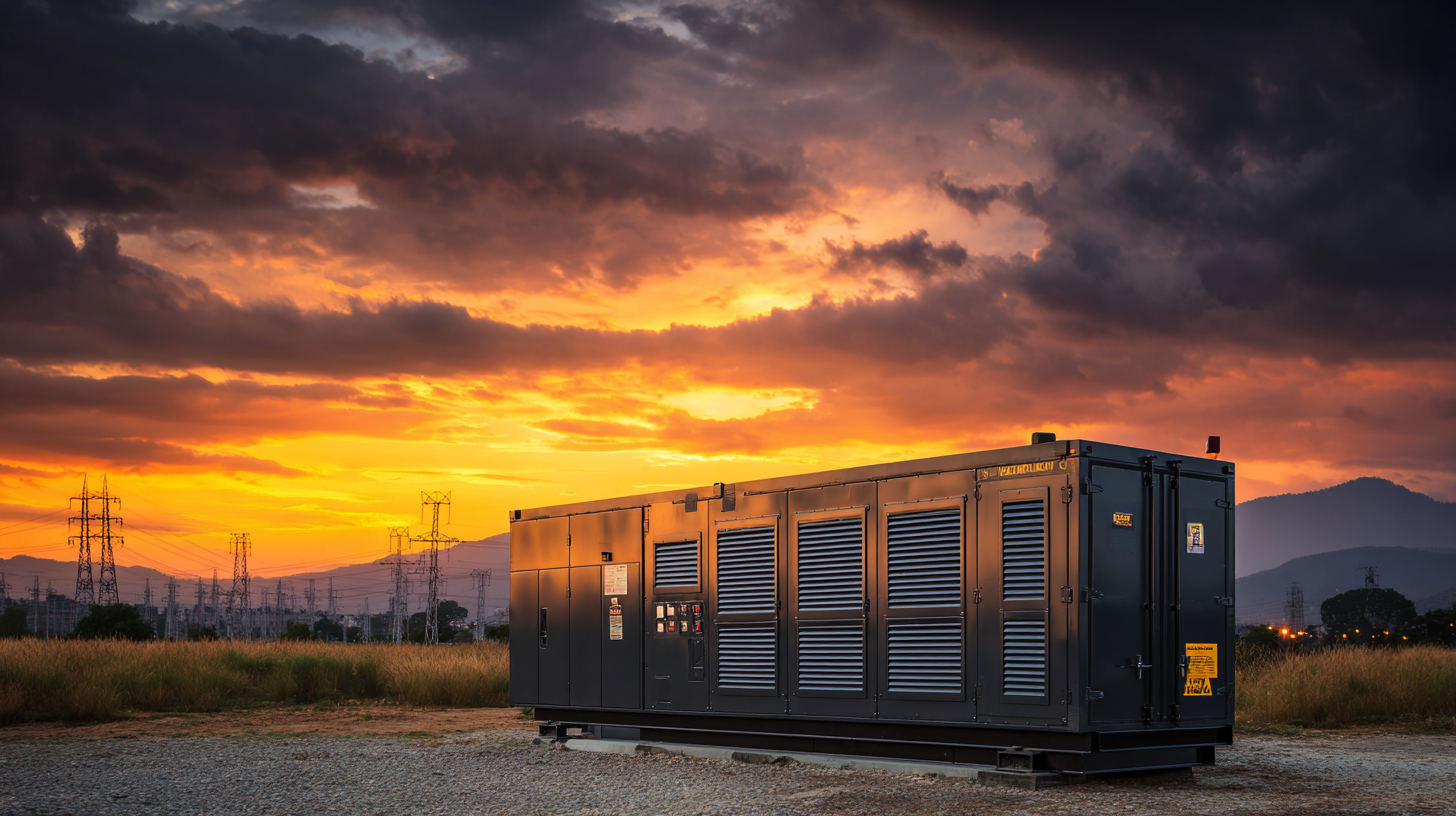
When selecting the right silent diesel generator for your needs, it is crucial to first understand your power requirements. This involves calculating the total wattage of all the appliances and systems you plan to run. For marine diesel generators, which are designed to provide supplemental power to a vessel's equipment, it is important to consider the operational demands specific to maritime environments. Assessing the power needs accurately ensures that you choose a generator capable of handling the load without compromise.
Additionally, the power rating of generators is categorized into several ranges, typically less than 75 kVA, 75-375 kVA, 375-750 kVA, and above 750 kVA. Understanding these classifications helps you make an informed decision based on your power consumption patterns, whether you require it for recreational use or for specialized operations. Choosing the correct size not only enhances efficiency but also prolongs the lifespan of the equipment, making it essential to thoroughly evaluate your unique power needs before investing.
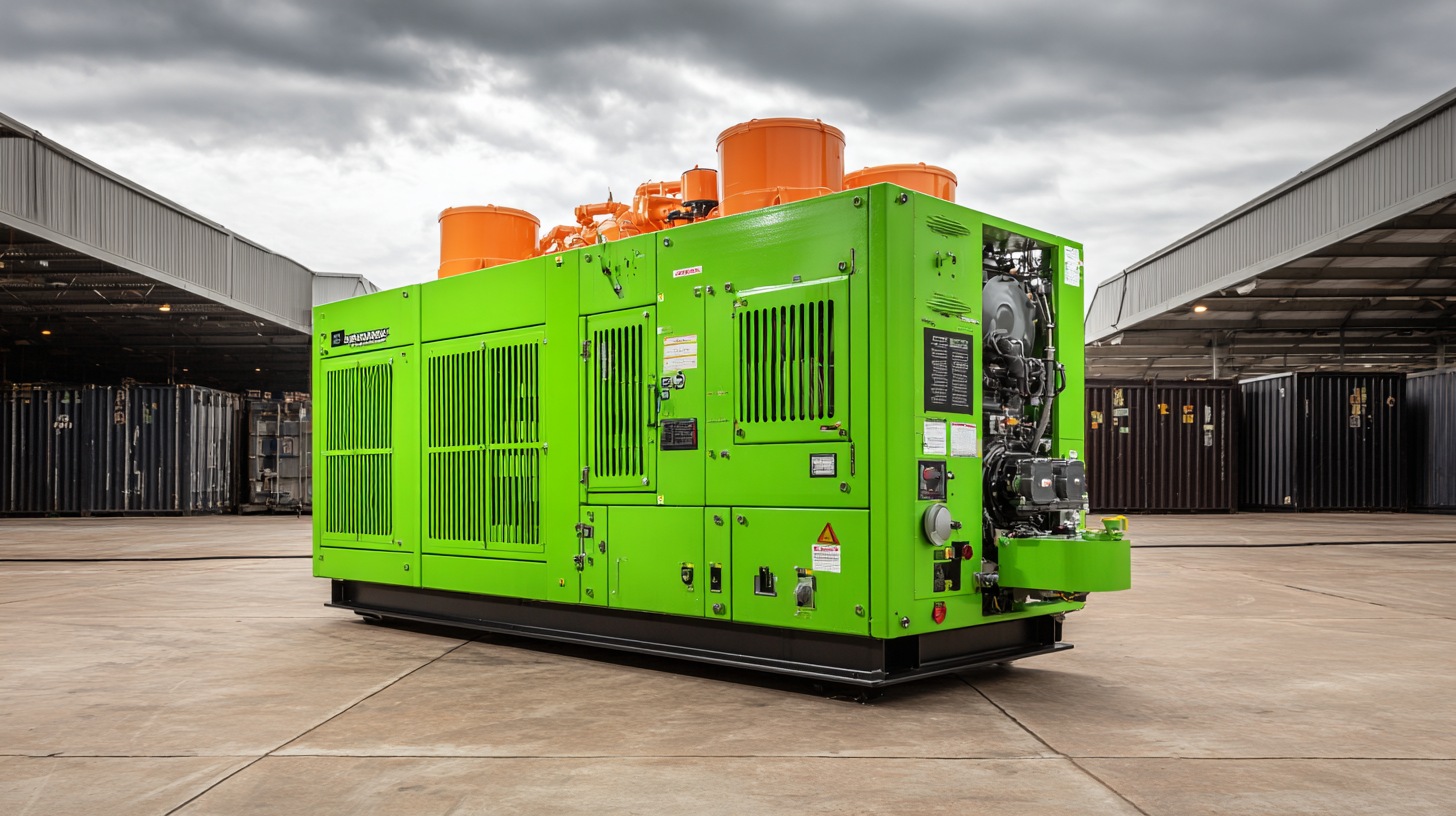
When selecting a silent diesel generator, the first key feature to consider is noise levels. Silent generators are designed to operate quietly, making them ideal for residential areas or events where loud sounds could be disruptive. Look for models with noise ratings below 60 decibels, which is comparable to a normal conversation. Additionally, consider the generator’s acoustic enclosure; manufacturers that prioritize soundproofing often provide better performance in noise reduction.
Another critical feature is the fuel efficiency of the generator. A silent diesel generator should not only be quiet but also economical in its fuel consumption. Higher efficiency means longer run times on less fuel, which is essential for both cost-effectiveness and environmental impact. Check for specifications that indicate fuel consumption rates and tank sizes, and consider how often you’ll need to refuel based on your power requirements. Lastly, ensure that the generator has essential safety features, such as automatic shut-off systems and overload protection, to safeguard both the equipment and your power supply.
When choosing a silent diesel generator, performance and reliability are two of the most crucial aspects to consider. Just as consumers scrutinize brands in the automotive sector for their reliability—evident in recent rankings showcasing top contenders—it’s essential to approach generator brands with the same critical eye. Manufacturers vary widely in terms of engine noise output, fuel efficiency, and overall durability. Some brands have developed a reputation for producing generators that not only meet power needs but also stand the test of time, much like the trusted models in the vehicle market.
Additionally, examining user reviews and performance data can guide your decision-making process. As seen with the latest discussions around various consumer electronics, buyers today seek products that offer enhanced features and consistent performance. Comparing the specifications and warranty options of different generator brands could provide insight into their reliability under various operational conditions. By making informed choices based on credible comparisons, you can ensure that your selected silent diesel generator meets both your power needs and expectations for long-term reliability.
| Model | Rated Power (kW) | Noise Level (dB) | Fuel Tank Capacity (L) | Run Time at Full Load (hrs) | Warranty (Years) |
|---|---|---|---|---|---|
| Model A | 5 | 58 | 15 | 8 | 2 |
| Model B | 8 | 62 | 20 | 10 | 3 |
| Model C | 10 | 65 | 25 | 12 | 4 |
| Model D | 15 | 67 | 30 | 14 | 5 |
| Model E | 20 | 70 | 40 | 16 | 3 |
When selecting a silent diesel generator, one of the most critical factors to consider is its noise level. In various situations, excessive noise can lead to disturbances and discomfort. For instance, if you plan to power a campsite, a silent generator allows you to enjoy the tranquility of nature without the intrusive hum of a traditional generator. Additionally, in residential areas, maintaining a low noise level is essential to comply with local ordinances and respect your neighbors’ peace.
Moreover, understanding the decibel (dB) rating of a generator can greatly influence your decision. Generators that operate at around 50 to 60 dB are typically considered "silent" and suitable for both recreational and home use. It's also vital to note that generators equipped with sound-dampening technology often provide a more consistent and quieter performance. By prioritizing noise level in your selection process, you ensure that your power needs are met while creating a more comfortable and serene environment.
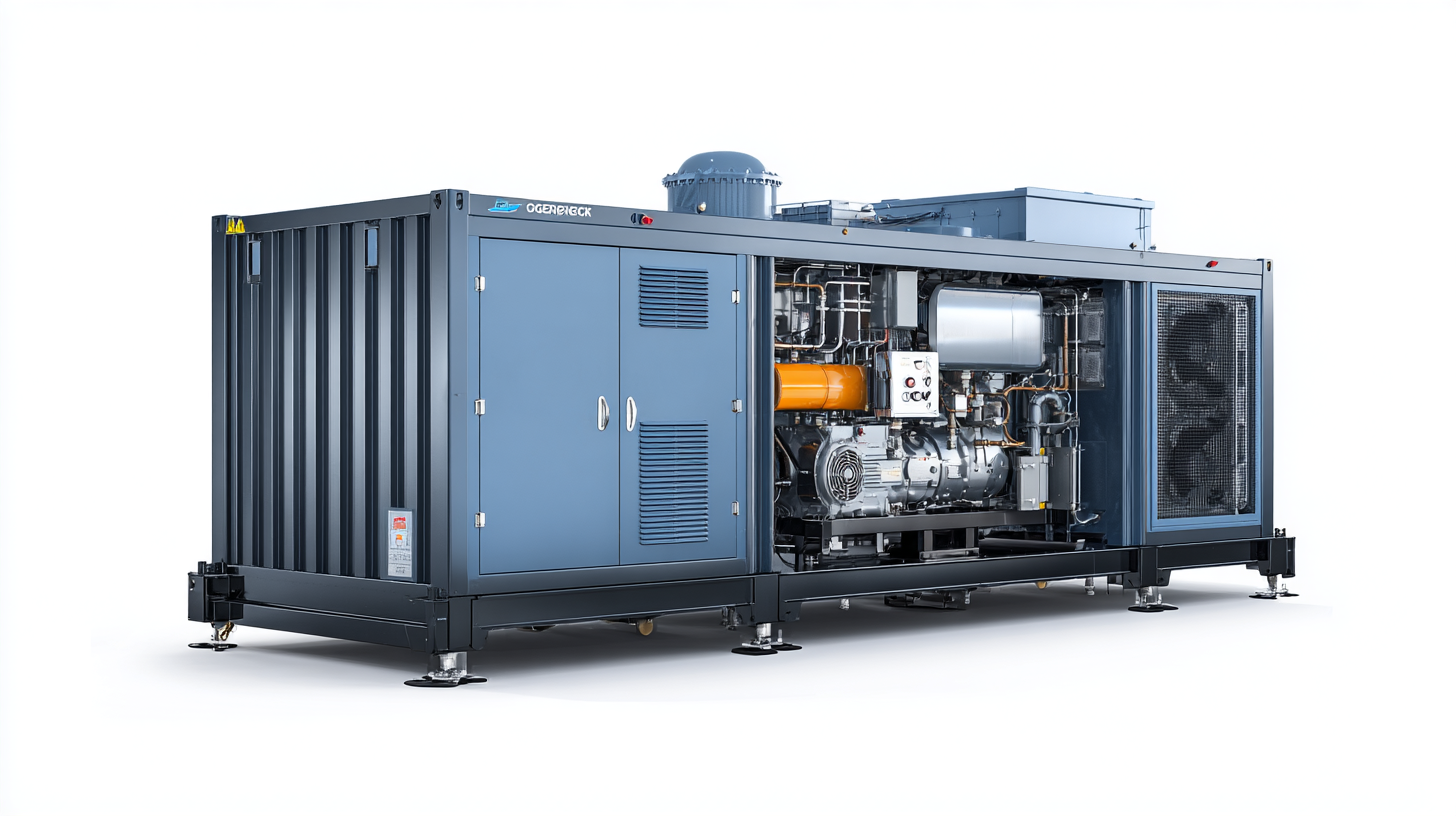
When it comes to maintaining a silent diesel generator, regular upkeep is vital for ensuring long-lasting performance. According to a report by the Power Generation Association, routine maintenance can extend the lifespan of diesel generators by up to 30%. Key maintenance tasks include regular oil changes, fuel system inspections, and air filter replacements. Oil should be changed every 100-150 hours of operation, or more frequently if the generator is used under heavy loads, to prevent engine wear and enhance efficiency.
Another crucial aspect is monitoring the cooling system. Overheating is one of the leading causes of generator failure; thus, checking coolant levels regularly and flushing the system periodically is essential. A study published by the International Journal of Industrial Electrical Engineering highlights that maintaining optimal operating temperatures can improve fuel efficiency by as much as 15%. Additionally, keeping the generator clean from debris and dust can help prevent overheating and maintain performance. Regularly testing the generator under load conditions is also recommended to ensure it is ready for any power needs that may arise.
